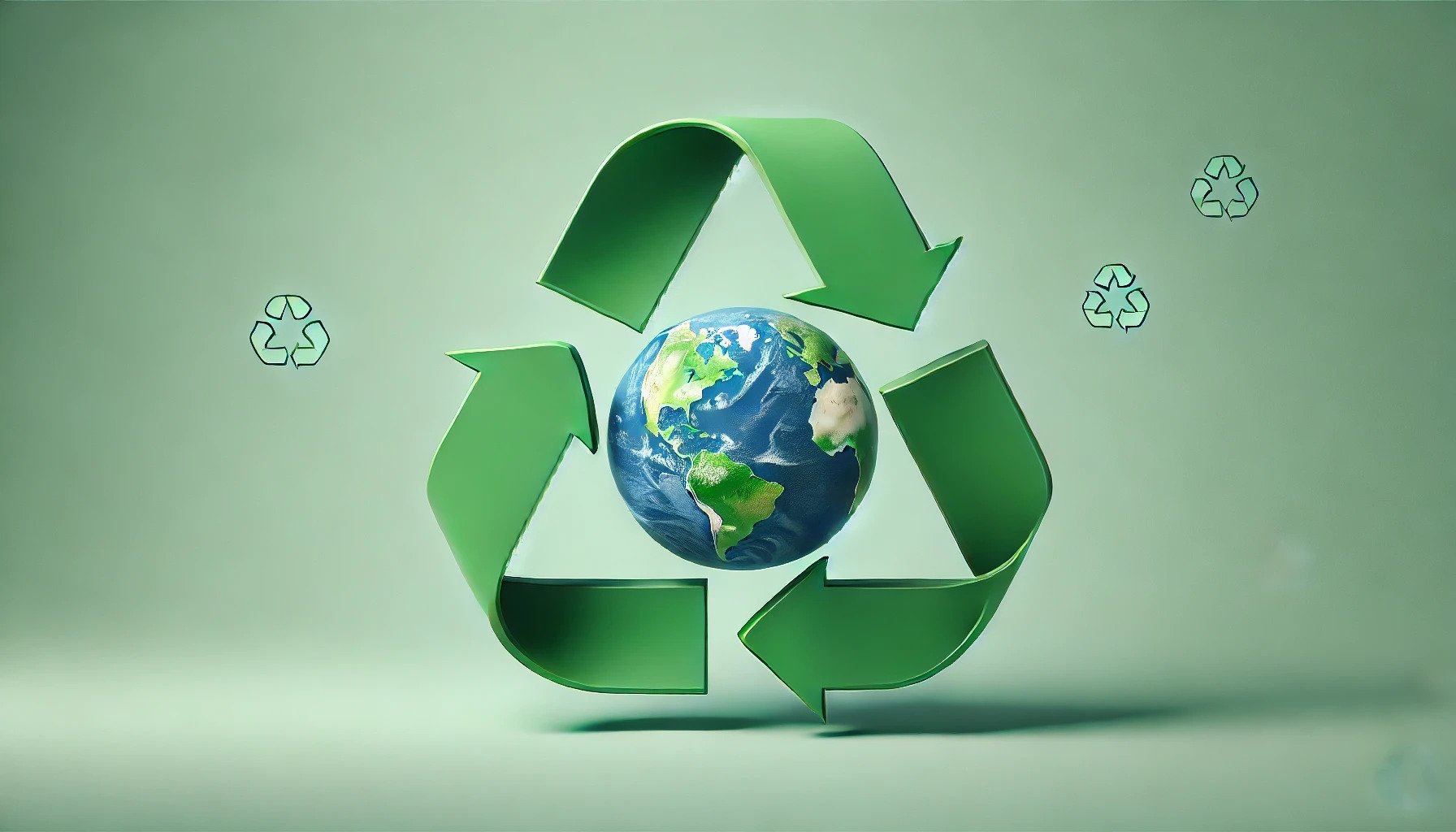
In the upcoming week, representatives from nearly every UN member country will gather in Switzerland to finalize a groundbreaking international agreement intended to eliminate plastic pollution. This intricate negotiation process, which has spanned three years, was originally expected to wrap up during the December discussions in South Korea. However, disagreements led to a pause, with negotiators leaving without a finalized document, thus making this vital reconvening in Geneva necessary to tackle the most contentious matters.
A central point of disagreement throughout the negotiations has been the split between a “high-ambition coalition” that pushes for a robust treaty and a coalition of petrostate nations seeking to postpone and weaken its terms. Two major issues remain at the heart of the discussion: reducing the creation of virgin plastic and implementing possible restrictions on harmful chemicals used in manufacturing.
**Restrictions on Production**
The UN resolution that initiated these talks emphasizes the need to consider the ‘full lifecycle’ of plastics – a directive many interpret as a call to curb the unsustainable 500 million tonnes of plastic produced worldwide annually. Bethanie Carney Almroth from the University of Gothenburg highlights that all models and research stress the importance of limiting production to meet the treaty’s objectives. While over 100 countries backed Panama’s initiative requiring nations to report on plastic production and reduction efforts, a group of nations heavily invested in petrochemicals, including China, Iran, Russia, and Saudi Arabia, consistently attempt to redirect the treaty’s focus from production to waste management, recycling, and a circular economy. Almroth emphasizes that a comprehensive understanding of the plastic lifecycle should start with raw material extraction and manufacturing to prevent mismanagement and environmental harm.
**Concerned Chemicals**
Another critical issue is the oversight of harmful chemicals essential to plastic production. A report from July in *Nature* provided an extensive list of more than 16,000 chemicals linked to plastics, with over 4,200 classified as ‘chemicals of concern’. Alarmingly, for more than 10,000 of these substances, safety data is lacking, complicating the efforts to address potential dangers.
Laura Monclús of the Norwegian University of Science and Technology points out the gaps in public safety information, citing the precedent set with bisphenols, where regulation of one compound inadvertently led to the use of other potentially hazardous alternatives. Monclús and her colleagues identified 15 priority groups of chemicals requiring regulation due to significant environmental or health risks. Despite pressures to ban or regulate these categories, parts of the treaty addressing chemical issues have seen considerable reductions.
Critics emphasize the need for transparency in the industry relating to chemical usage in plastic manufacturing. Monclús calls for obligatory public reporting by industries regarding the chemicals involved in plastics production.
**An Urgent Issue**
Throughout these discussions, the influence of independent experts seems diminished, overshadowed by a substantial contingent of industry lobbyists. During the negotiations in South Korea, industry representatives significantly outnumbered delegates from any individual country or civil society group.
Nonetheless, a strong majority of UN member states continue to be committed to a strong treaty. In June, 95 countries reaffirmed their commitment to addressing the entire plastic lifecycle, advocating for reduced primary plastic polymer production and a phased ban on harmful chemicals. The difficulty will be in whether they can incorporate these crucial measures into a treaty or if the consensus-based negotiation framework will permit a small minority to block the treaty’s most significant provisions.
Bethanie Carney Almroth underscores the urgency of concluding the treaty in light of the severe human health and environmental challenges posed by plastic pollution. Although a finalized treaty may take years to fully implement, the demand for immediate action remains robust among the majority, underlining the urgent need for decisive global leadership in Geneva.